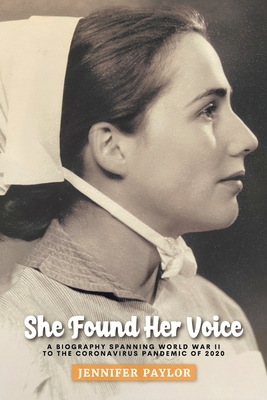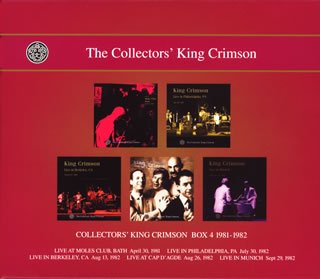
Cairns, Kathleen a.
product information
description
old when in 1977 Governor Edmund G. "Jerry" Brown chose her to become California's first female supreme court chief justice. Appointed to a court with a stellar reputation for being the nation's most progressive, Bird became a lightning rod for the opposition due to her liberalism, inexperience, and gender. Over the next decade, her name became a rallying cry as critics mounted a relentless effort to get her off the court. Bird survived three unsuccessful recall efforts, but her opponents eventually succeeded in bringing about her defeat in 1986, making her the first chief justice to be removed from the California Supreme Court. The Case of Rose Bird provides a fascinating look at this important and complex woman and the political and cultural climate of California in the 1970s and 1980s. Seeking to uncover the identities and motivations of Bird's vehement critics, Kathleen A. Cairns traces Bird's meteoric rise and cataclysmic fall. Cairns considers the instrumental role that then-current gender dynamics played in Bird's downfall, most visible in the tensions between second-wave feminism and the many Americans who felt that a "radical" feminist agenda might topple long-standing institutions and threaten "traditional" values.
member goods
No member items were found under this heading.
Return Policy
All sales are final
Shipping
No special shipping considerations available.
Shipping fees determined at checkout.







